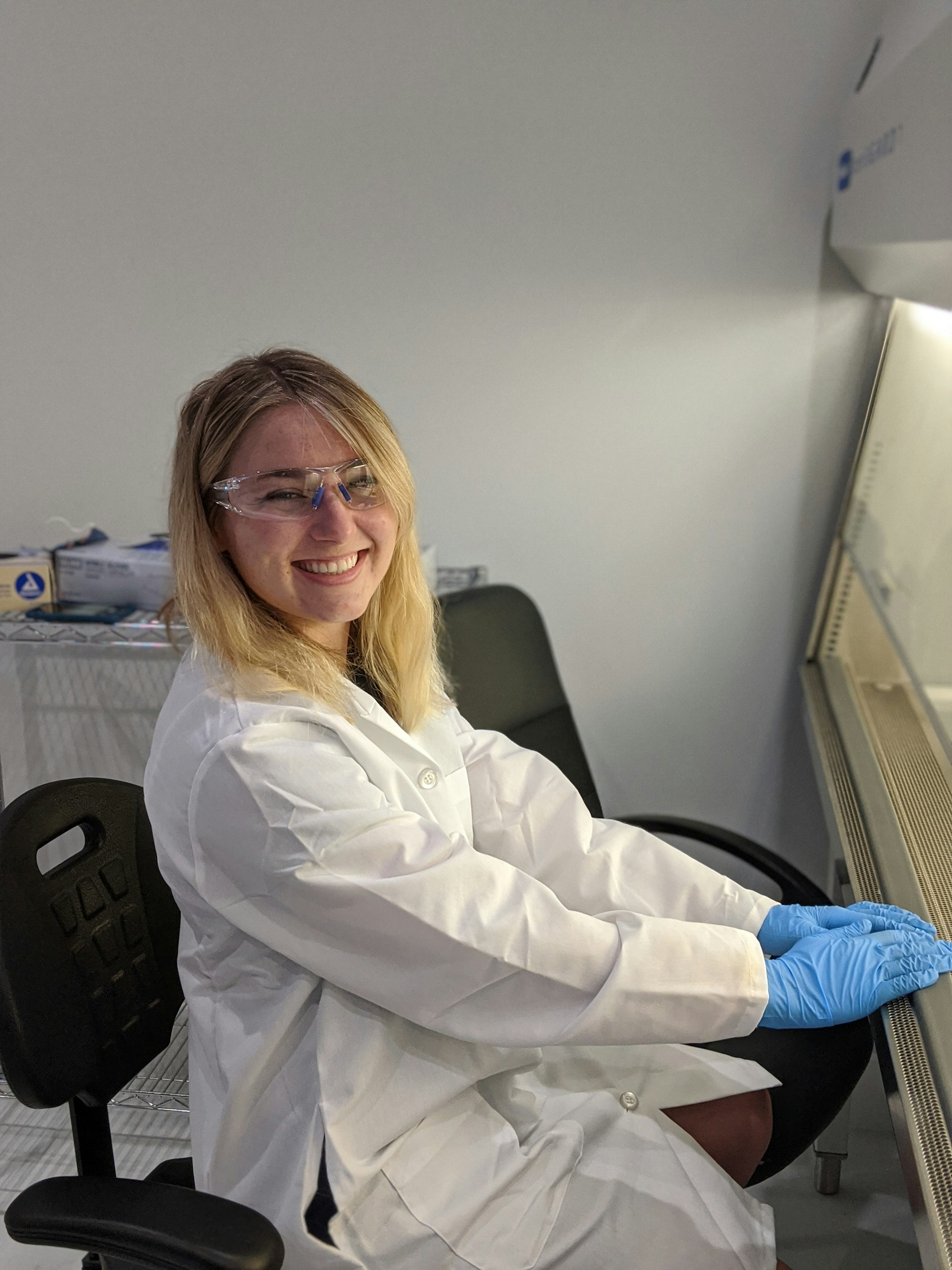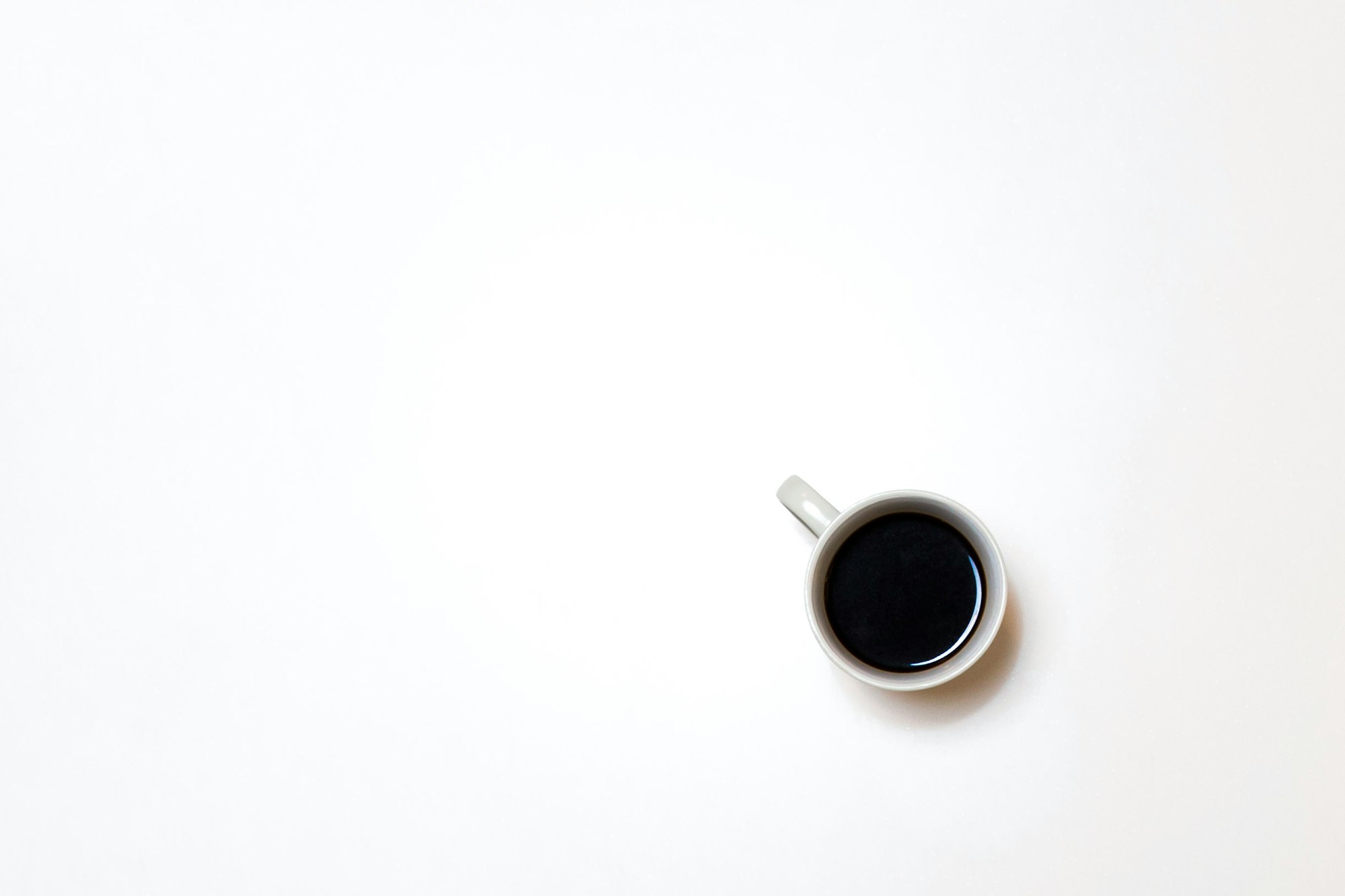I tried to go shopping the other day and came away with a tin of anchovies and packet of dried apricots.
Why?
Menopause is an easy thing to blame. This isn’t exactly fair, though. Throughout my life, when shopping, something has usually identified itself as a bargain that can’t be missed. This once resulted in my coming home with a novelty chocolate spanner because…
…look at it.

These days, however, I not only struggle with impulse buying but also remembering things. And in a futile attempt to remedy this, I sometimes panic buy at the supermarket, meaning our cupboards are full of a mishmash of things.
There are several menopause articles out there that focus on ‘brain fog’ - I suppose because women have been voicing concern about these symptoms for some time. Us menopausal women are identified as absent-minded because some of us display absent-mindedness not only at work, but – like me - also in supermarkets. As a consequence, I rely on a shopping lists for common sense to prevail, else dinner will consist of high strength lager and profiteroles.
I’m exaggerating. Sort of.
In my opinion, a cancer like mine (just a light splattering) is at least 70% about getting past side effects of treatment. I know that I need a can-do attitude to keep me going, but these days I’m more inclined to dither in the reduced aisle of Sainsbury’s, than run a marathon. This isn’t necessarily something I’m ashamed of. I’ve heard that a medically induced menopause makes me scientifically inclined to feel tired and emotional.
Take, for example, the researcher scientists who spent a certain amount of time pestering rats in order to determine the physical and mental consequences of hormonal deficits. There was some sort of miniature swimming pool experiment involved, and ovariectomised rats are forced to swim lengths. It turns out, the rats with low levels of oestradiol were less vigorous swimmers, or perhaps simply bad swimmers, or just fed up. This led the researchers concluded that low oestradiol was linked to ‘despair-like tendencies.’.
So, I have an excuse in support of my ‘dithering’, demonstrated by unfortunate lab rats in tiny swimming pools. Of course, the rats' 'despair' is not because of the untold stresses of life as a lab rat, nor because of the actions of deranged, rat-pestering researchers, but because of an oestradiol deficiency. Yes, because of the oestradiol deficiency.

I'm not underplaying the significant effects of menopause. I am sure that early menopause has hindered my ability to focus, stay positive, sleep adequately, and keep a sensible body temperature. And, like the poor lab rats, sometimes I ‘despair’. Resilience is the name of the game. A lot of times people will say: “Keep smiling”, and I’ll sulkily think something like: “My lymphoedema has just torn the elasticated waistband in my pants”. But, I keep at allotment gardening or cold-water swimming or anything else I enjoy doing until the necessary level of ‘resiliency-ness’ is achieved. However, the fact that I might seem less than vigorous, is not due to an isolated cause, but a variety of circumstances - which, unlike the lab rats, I have some control over.
Sure, cancer and early menopause is exhausting. For me, it comes with a change in metabolism, disorientating dizzy spells, trouble concentrating, fatigue, and yardiyada. But honestly, I found some of these things bothered me before cancer. I’ve always been tired and wiped out. I’m just one of those people. So, although fatigue is a side effect of cancer and early menopause, so are numerous other potential factors.
Of course, there are people out there who will claim panaceas exist, and for a small fee they can provide it, sold in their conviction that they’re doing you a favour. These people are often opportunistic and will seldom help. I'm reminded of a lady who recommended I try coffee enemas. Sadly, the reality of my circumstance mean no amount of coffee enemas will help me (although I don't speak from experience), because it takes time to get used to a new body.

What's more, those who have gone through cancer, PMDD, endometriosis, menopause - any life-changing condition - will know that modern medicine can only take you so far. In fact, modern medicine can sometimes be blind to the side effects of their life-saving treatments. For example, one of my main issues post cancer is the shame I feel for not being as energetic as I was before. I think this is something lots of cancer 'survivors' struggle with - and it does us no good. No good at all. In fact, it's exhausting.
This call for self-compassion is a sentiment echoed by my oncologist - the motherly one who inserted a radioactive probe inside my vagina. The one who worked hard to eradicate the tumour and micromets and secured my remission. She warned me that modern medicine will save my life by sacrificing bits of my body. And, as frustrating as this this sounds, it's true.
My point is: I find it all too easy to spend life after cancer mourning the energy I once had. Obviously, I have had to deal with cancer and its side-effects, and so I stand by my right to sulk. But really, sulking isn't helping me long-term, and so I have to start accepting this new, 'old' body of mine - and it's creaky limitations.
I have to start cutting myself some slack.
